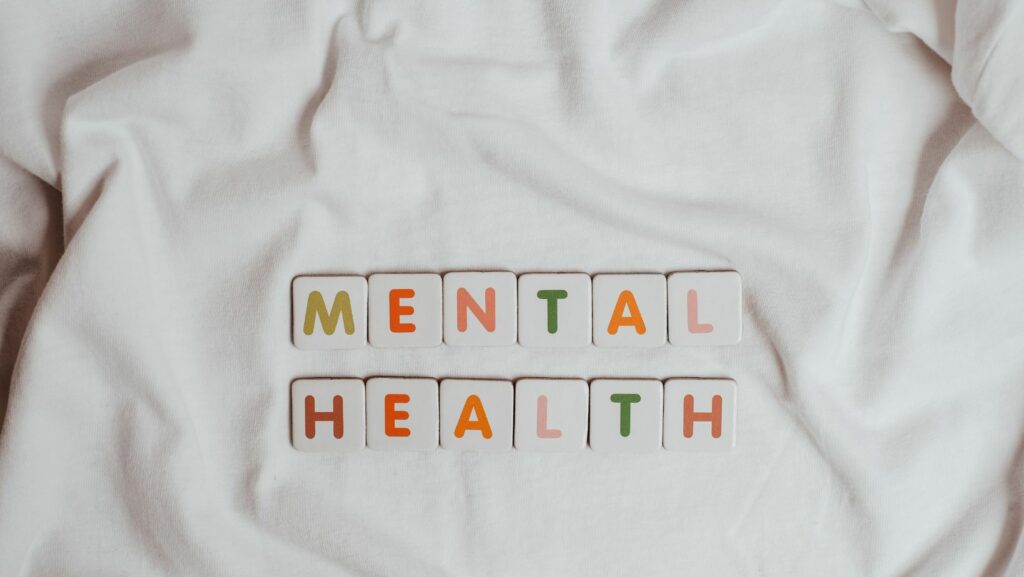Mental Health and Parenting: Balancing Care and Self-Care

Parenting is a rewarding yet demanding journey that requires constant emotional and physical effort. While caring for children, parents often face numerous challenges that can affect their mental health. Balancing the demands of parenting with the need for self-care is essential for maintaining overall well-being. Addressing mental health issues within the context of parenting is crucial for both the parent’s and children’s health and happiness.
The Impact of Parenting on Mental Health
The responsibilities and pressures associated with parenting can significantly impact mental health. The constant need to attend to children’s needs, manage household duties, and sometimes juggle work responsibilities can lead to stress and anxiety.
Parental Stress: The day-to-day challenges of parenting, such as dealing with tantrums, sleepless nights, and the constant worry about children’s well-being, can accumulate, leading to chronic stress.
Anxiety and Depression: Many parents experience anxiety about their parenting skills and their children’s future. Additionally, the feeling of isolation and the lack of adult interaction can contribute to depression, especially for stay-at-home parents.
Burnout: Without adequate self-care, the relentless cycle of caregiving can result in burnout. Burnout in parents manifests as emotional exhaustion, irritability, and a feeling of being overwhelmed.
Guilt and Pressure: Parents often feel immense pressure to be perfect. The unrealistic standards set by society and social media can lead to feelings of inadequacy and guilt when they perceive they are not meeting these standards.
The Importance of Self-Care in Parenting
Self-care is not a luxury but a necessity for parents. It involves taking time to care for one’s own physical, emotional, and mental health, which in turn enables better caregiving. Here are some reasons why self-care is vital:
Maintaining Mental Health: Regular self-care practices can help reduce stress, anxiety, and depression. This not only benefits the parent but also creates a more positive environment for the children.
Modeling Healthy Behaviors: Children learn by observing their parents. Demonstrating the importance of self-care teaches children to value and take care of their own well-being.
Enhancing Patience and Energy: Taking time to rest and recharge enables parents to be more patient, energetic, and attentive to their children’s needs.

Preventing Burnout: Consistent self-care helps prevent burnout by ensuring that parents have the emotional and physical resources needed to cope with the demands of parenting.
Practical Self-Care Strategies for Parents
Incorporating self-care into daily routines can be challenging but is achievable with intentional planning. Here are some practical strategies for parents to maintain their mental health:
1. Schedule “Me Time”
Set aside specific times each day or week dedicated to self-care. Whether it’s reading a book, taking a bath, or engaging in a hobby, having regular personal time is essential.
2. Prioritize Physical Health
Physical health significantly impacts mental health. Regular exercise, a balanced diet, and adequate sleep are crucial components of self-care. Even short bursts of physical activity, like a walk or a quick workout, can boost mood and energy levels. Additionally, going for quercetin capsules would also be a great option as they support overall well-being.
3. Practice Mindfulness and Relaxation
Mindfulness practices such as meditation, deep breathing exercises, and yoga can help reduce stress and promote mental clarity. Taking a few minutes each day for mindfulness can make a significant difference. This dentist who does dental implants in Chandler AZ also encourages regular health checkups.
4. Seek Social Support
Maintaining social connections is vital for mental health. Reach out to friends and family, or join parent groups to share experiences and gain support. Social interaction provides emotional relief and a sense of community.
5. Set Realistic Expectations
Accept that perfection is unattainable and that it’s okay to have imperfections. Setting realistic expectations for yourself and your children can alleviate unnecessary pressure and guilt.
6. Delegate and Share Responsibilities
Sharing parenting and household responsibilities with a partner, family members, or trusted caregivers can reduce the burden. Don’t hesitate to ask for help when needed.
7. Engage in Professional Support
If feelings of stress, anxiety, or depression become overwhelming, seeking professional help from a therapist or counselor is crucial.

Professional support can provide coping strategies and emotional relief.
8. Create a Supportive Home Environment
A supportive home environment contributes to the well-being of the entire family. Encourage open communication, set healthy boundaries, and create a routine that balances caregiving and self-care.
Balancing Care and Self-Care
Balancing care for children with self-care requires ongoing effort and adjustment. Here are some tips to achieve a balance:
Involve Children in Self-Care Activities: Engage in activities that promote well-being together, such as family walks, cooking healthy meals, or practicing relaxation techniques. This can be both bonding and beneficial for everyone’s mental health.
Plan and Prioritize: Use planning tools like calendars or apps to organize your day, ensuring that both caregiving and self-care activities are included. Prioritizing tasks helps manage time effectively.
Stay Flexible: Understand that plans can change, and flexibility is key to maintaining balance. Be prepared to adjust schedules and activities as needed without feeling guilty.
Balancing care and self-care is vital for maintaining mental health in parenting.

 Ultimate 3 Sites For Purchasing Instagram Followers
Ultimate 3 Sites For Purchasing Instagram Followers  Use AI Video Maker to Launch Seasonal Greetings That Wow
Use AI Video Maker to Launch Seasonal Greetings That Wow  How to Choose the Perfect Homecoming Dress
How to Choose the Perfect Homecoming Dress